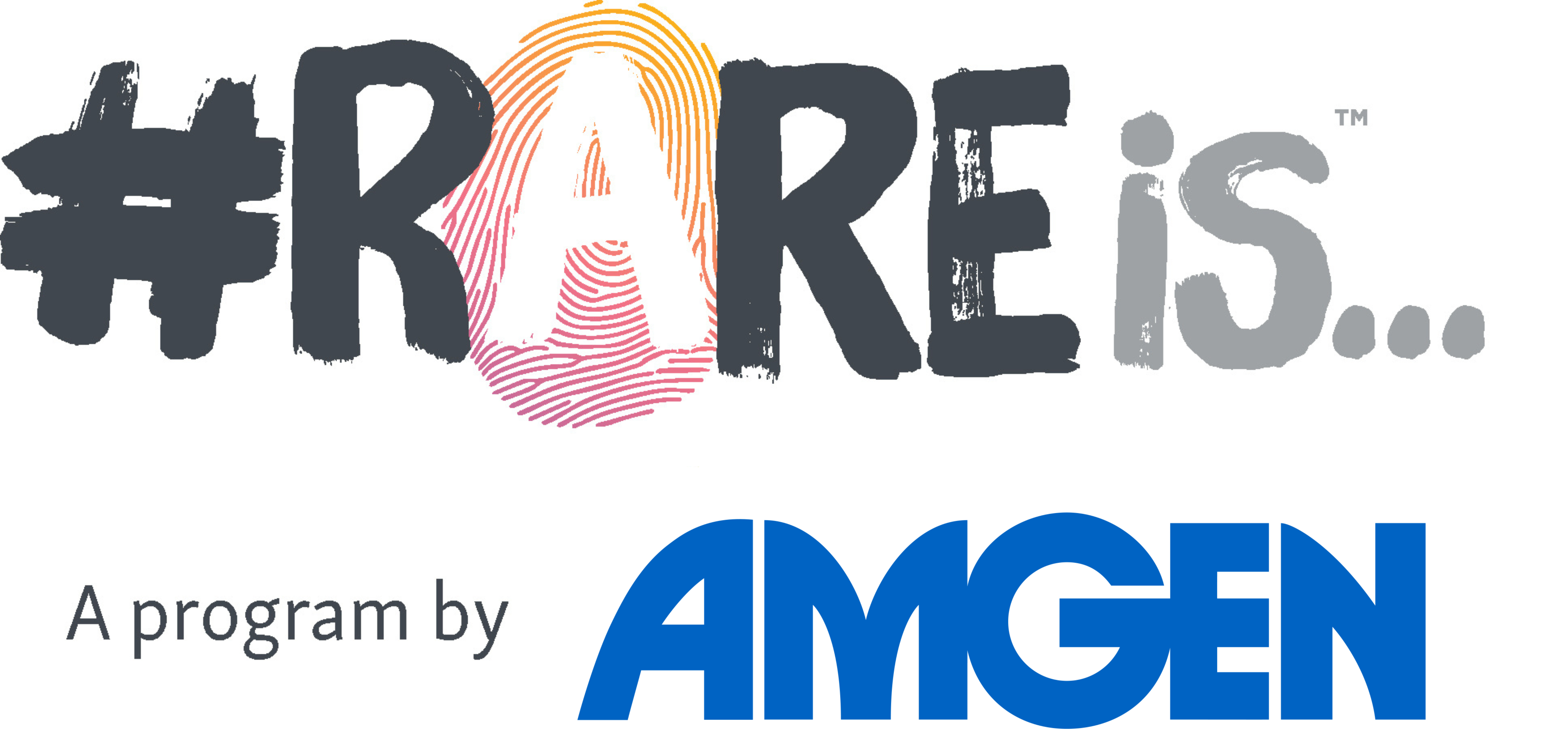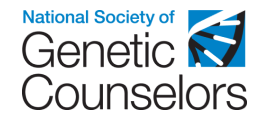Finding the right healthcare team can make all the difference when addressing questions about genetic disorders. Genetic counselors are healthcare specialists who are specially trained in both medical genetics and counseling.1 They help people make decisions around their genetic health.2
Genetic counselors can provide individuals and families with guidance to help understand the genetic testing and diagnosis journey.2 It’s helpful to share your thoughts, concerns and expectations with your genetic counselor. Genetic counseling is a two-way dialogue intended to:
- Understand your genetic risks
- Consider if genetic testing is right for you and/or your family
- Support your emotional health as you process the information
- Provide guidance on genetic testing results2
The content in this section may not be applicable in all countries. Genetic testing regulations vary and in some instances may only be carried out at the request of the court, or by a doctor for medical or scientific research purposes.
Why and when might I want to see a genetic counselor?
There are several reasons for seeing a genetic counselor, including:3
- You, your child or a family member have been diagnosed with or are showing symptoms of a genetic disorder
- You suspect a family history of a genetic condition
- You are interested in family planning, or are pregnant, and have concerns about your child inheriting a genetic disorder
- Your doctor would like you to meet a counselor if they suspect you or your family may have a genetic disorder
You may be referred to a genetic counselor by another health care professional, such as a primary care doctor, pediatrician or specialist before having genetic testing. On average there will be one to two meetings with a genetic counselor to help you make informed decisions about the next steps that are right for you.3
What can I expect a genetic counselor do?
When you speak with a genetic counselor, they may ask about your family history, review relevant information about you or your family’s health and help you think through next steps. They may also provide expert insight and guidance on the types of genetic tests available, what they may reveal, whether having that information will help, and what comes next, especially after a diagnosis. They can also help you with your insurance and understanding the potential costs of getting a genetic test or tests.3
How should I prepare for a meeting with the genetic counselor?
Before meeting the genetic counselor, it’s helpful to talk to your immediate and extended family members – including parents, aunts, uncles, grandparents and siblings – about their health history and ask if they will share any previous genetic tests and relevant medical records. You know your family best and can determine if this is appropriate for you. This information can help a genetic counselor make informed decisions using the relevant evidence they find. It may also be helpful to write down any questions ahead of time and ask a friend, family member or partner to attend. Ultimately, planning ahead and being prepared will help you get the most out of the discussion with a genetic counselor.4
How do I find the right genetic counselor?
It is important to look for a board-certified genetic counselor. Board-certified means that they have been properly trained and certified to offer genetic counseling. Genetic counselors should be board-certified by the American Board of Genetic Counseling (and will have the letters “CGC” after their name). Use the resource below to find more information on certified genetic counselors:
The National Society of Genetic Counselors includes genetic counselors and other health care professionals working in the field of medical genetics from the United States, Canada, and around the world. Its website includes an array of useful resources, frequently asked questions and videos to support patients and health care professionals.2
References
- National Organization for Rare Disorders. Available at: https://rarediseases.org/organizations/national-society-of-genetic-counselors/. Last accessed November 2020.
- National Society of Genetic Counselors. Who Are Genetic Counselors? Available at: https://www.aboutgeneticcounselors.org/who-are-genetic-counselors. Last accessed November 2020.
- National Society of Genetic Counselors. What do Genetic Counselors Do? https://www.aboutgeneticcounselors.org/About-Genetic-Counselors/What-Do-Genetic-Counselors-Do. Last accessed November 2020.
- National Society of Genetic Counselors. How Should You Prepare for a Genetic Counselor Visit? Available at: https://www.aboutgeneticcounselors.org/Genetic-Counseling/How-Should-You-Prepare-for-a-Genetic-Counselor-Visit. Last accessed November 2020.
Thank you to the following organizations that provided strategic guidance on our genetic testing topics: Global Genes, Permanente Medical Group – Genetic Movement Disorder Clinic, Our Odyssey, One Rare and Remember the Girls.


